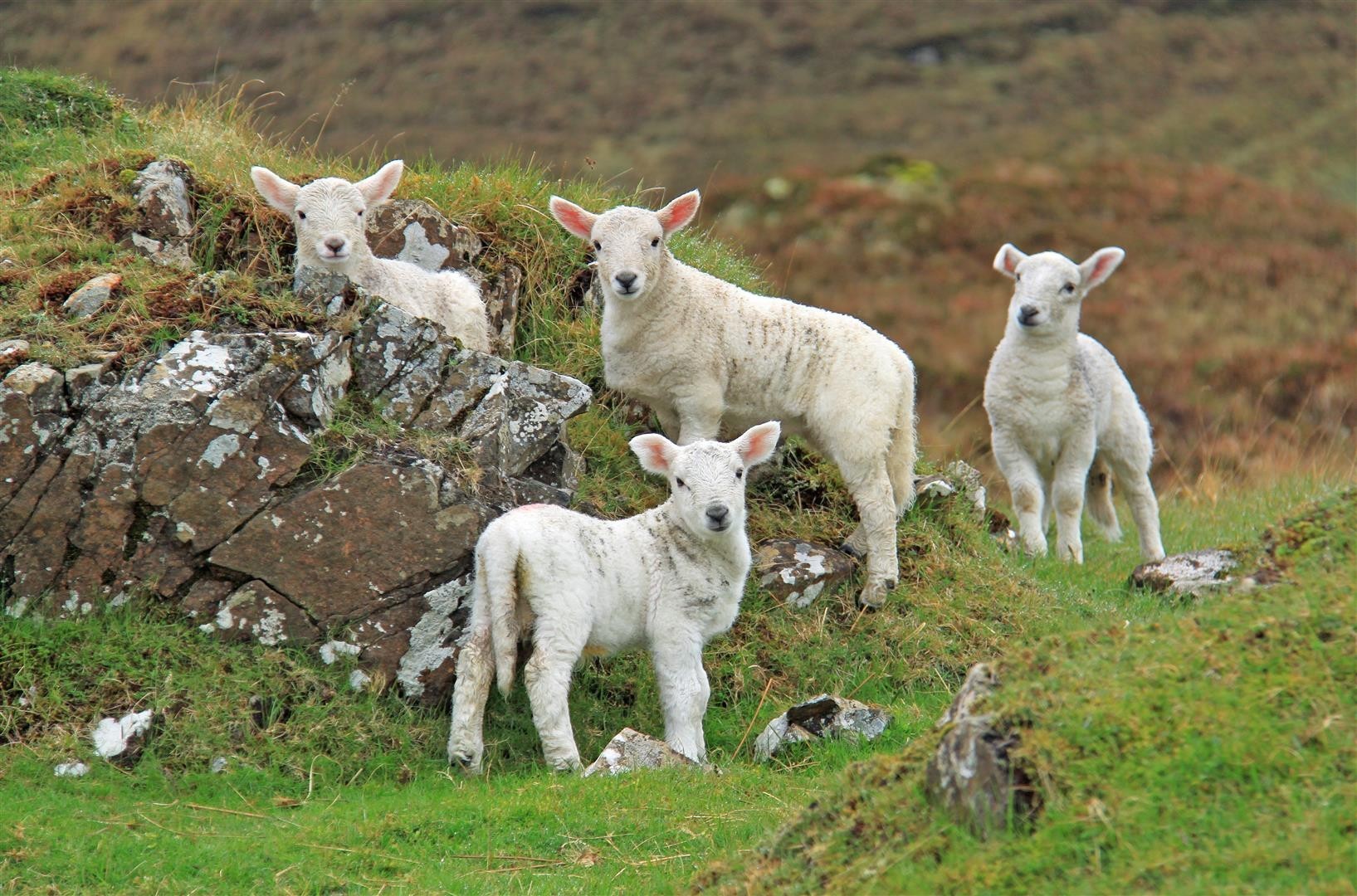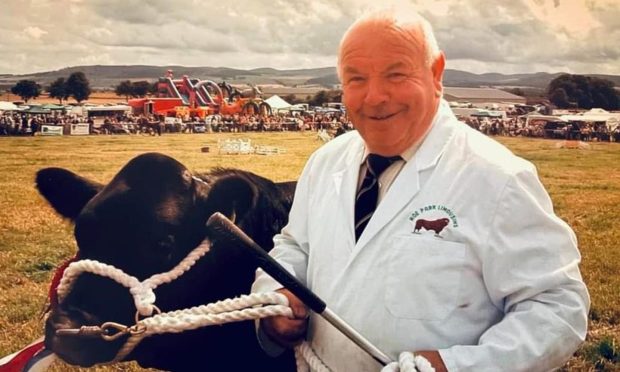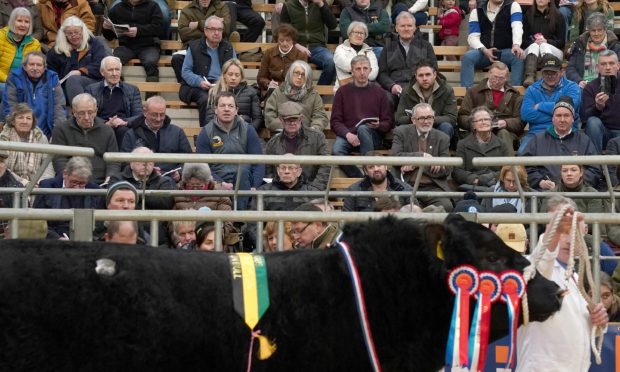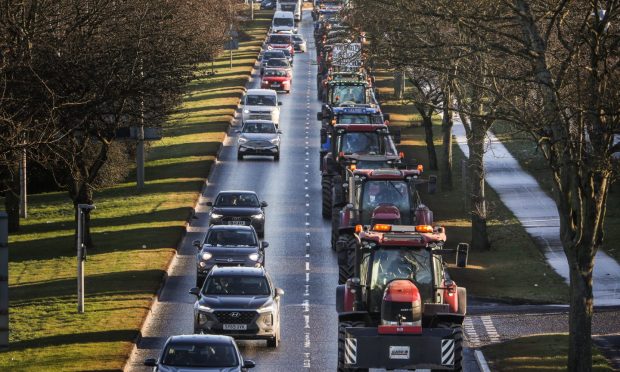A bold proposal to carve up global lamb markets between sheep producers in the northern and southern hemispheres has been aired by a leader of New Zealand meat producers.
James Parsons, the chairman of New Zealand Beef and Lamb, told a gathering of farmers and sheep industry stakeholders in Edinburgh that Brexit offered huge opportunities for “counter-seasonal” relationships in the lamb market.
He said it was in neither country’s interest to continue to compete by trying to produce lamb out-of-season as it was just “hard work” . Instead he suggested each hemisphere could supply lamb to the rest of the world when it was in season.
“Whether Brexit is right or wrong, we need to seize the opportunity,” he said.
“But don’t argue to your politicians for improved market access while in the next breath asking them to have more protectionism. Do you want to be Fortress UK or do you want to become a real trading heavyweight?”
Mr Parsons added that markets in Asia, North America and even other European countries could be supplied by New Zealand and the UK in the appropriate seasons. But he argued that while it would be easy for his organisation and its Scottish equivalent, QMS, to agree on carving up markets, he said it was up to processors to turn such a proposal into reality.
He said: “You’d need NZ processors and UK-based processors on board, but I think that’s where the opportunity lies. It already works for Waitrose where a NZ producer group and a Welsh producer group work counter-seasonally. It can work for third countries as well.”
Mr Parsons grand plan was immediately undermined by an announcement from Marks and Spencer’s head of agriculture, Steve McLean who told the conference that in Scotland the retailer was ditching a longstanding arrangement to sell New Zealand lamb in the first few months of the year. In future only Scottish lamb will be sold in Scottish stores year-round, leading to demand for an extra 26,000 home-produced lambs.
Mr McLean added that New Zealand lamb would continue to be sold in stores outcwith Scotland when local lamb was not in season.
The conference was organised by Farm Stock, Scotland’s largest lamb cooperative.
nnicolson@thecourier.co.uk










